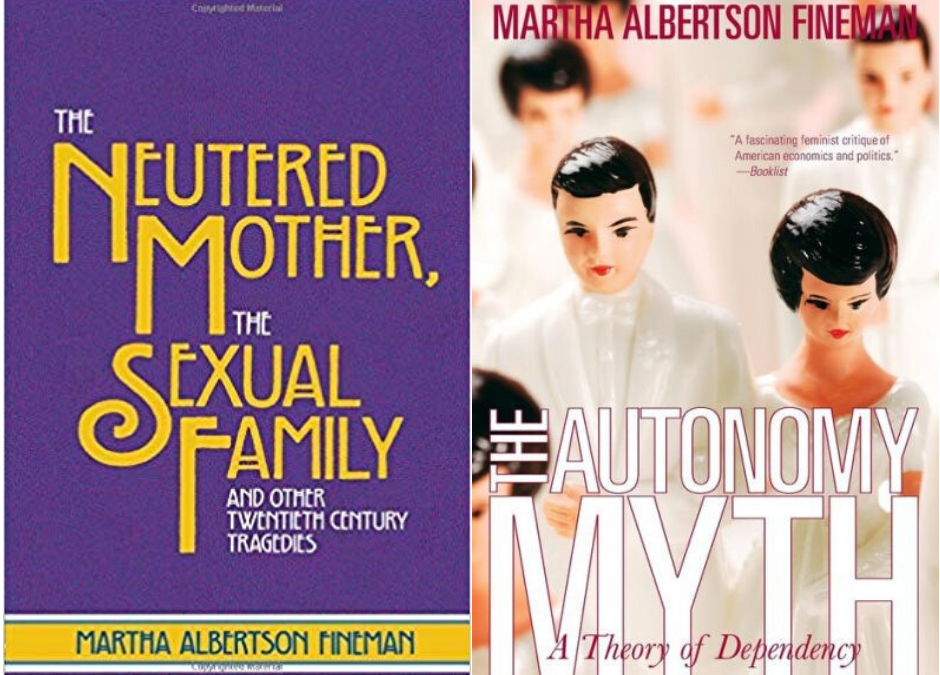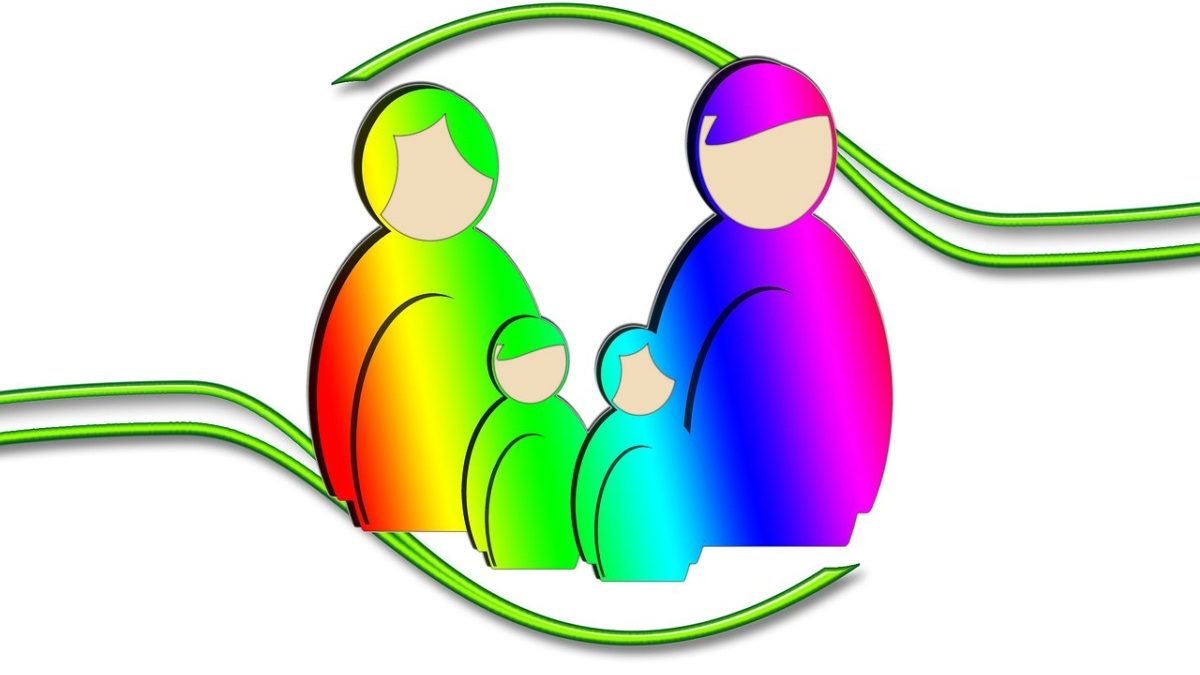by Martha Albertson Fineman

“Introduction
This chapter considers the limited ways in which “injury” or harm is understood in American political and legal culture. In particular, I am concerned with the inability of contemporary constitutional or political theory to interpret the failure of collective or state action as constituting harm worthy of recognition and compelling remedial action. Here, I am not focused on laws redressing harm to private individuals and entities caused by other private individuals and entities. These legal harms are defined in areas of private law, such as tort and contract. Nor am I focused on those legal harms addressed by areas of regulatory law, such as criminal or administrative law. Rather, I am interested in the norms and values that inform the principles governing the exercise of action and restraint on the part of the state when it acts as sovereign and in relationship to individuals as political or legal subjects. As reflected in these foundational documents and constitutional jurisprudence of the United States, these principles express a theory or philosophy of what constitutes legitimate state authority.


